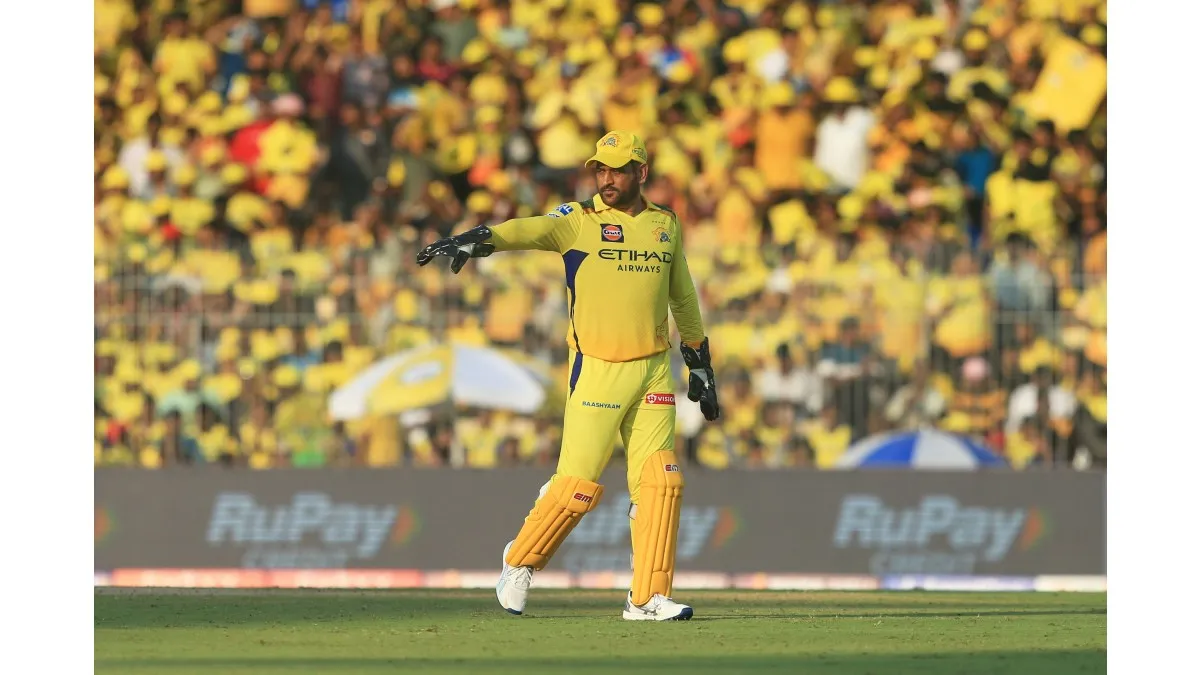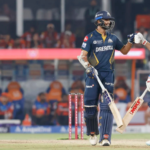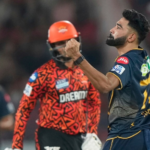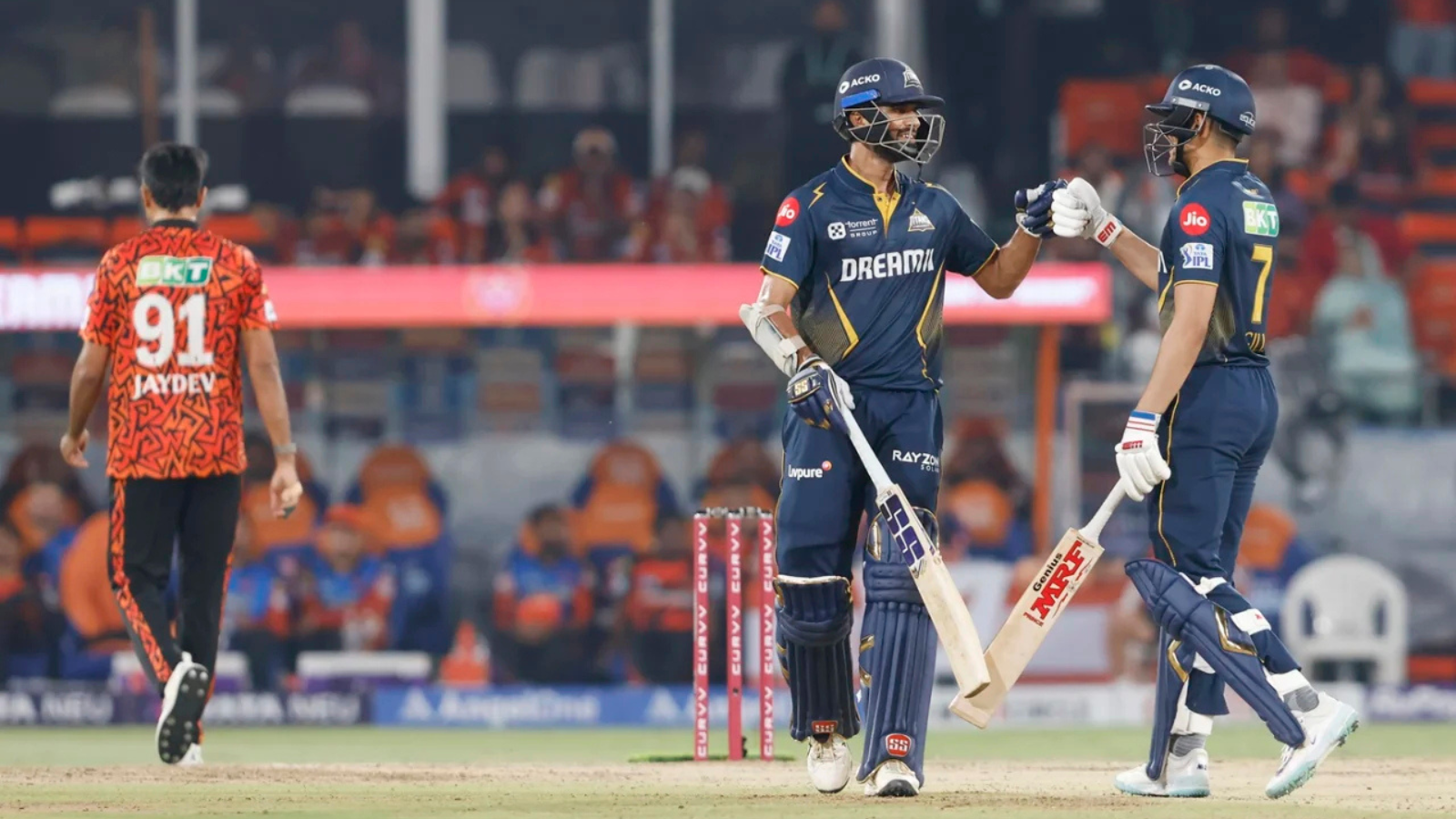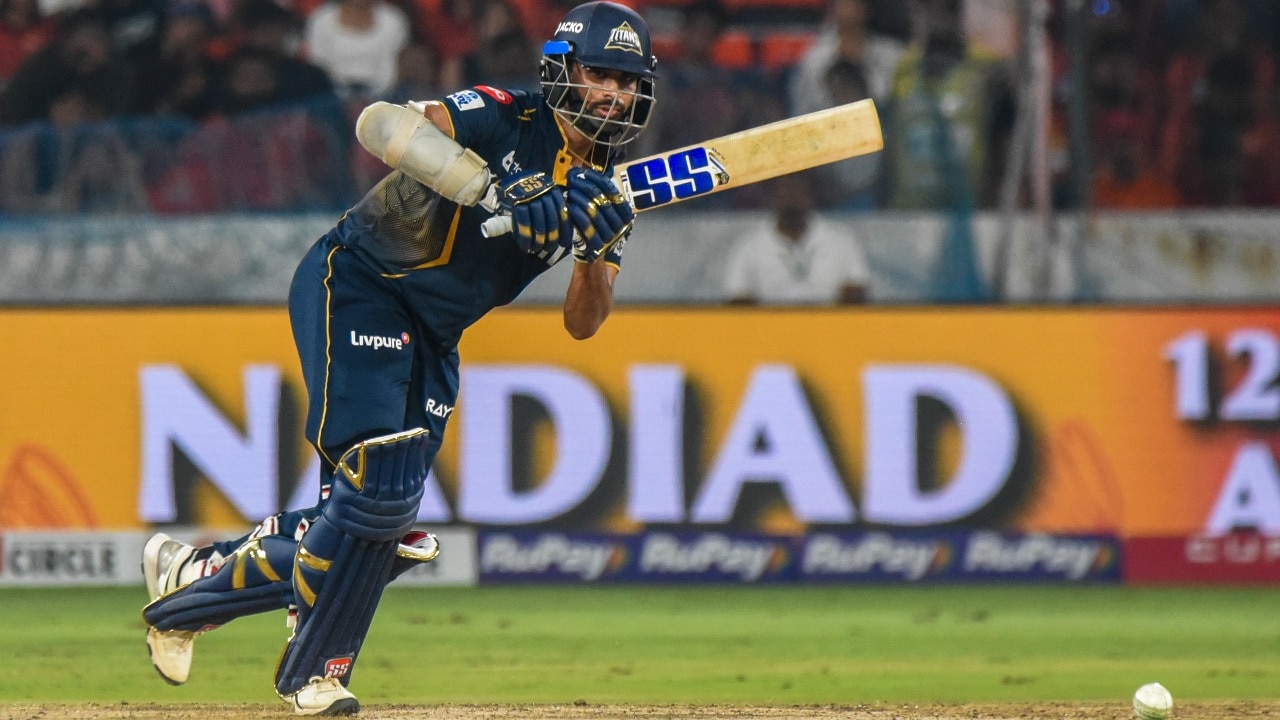Exhibit 1: March 26—Rajasthan Royals (RR) played their ‘home’ match against Kolkata Knight Riders (KKR) in Guwahati. The distance between Jaipur and Guwahati is almost double of that between Kolkata and Guwahati. West Bengal and Assam are neighbouring states, and there are a lot of similarities between the languages spoken there. Even the pitch offered for the match played into KKR’s hands, making one wonder what home advantage RR accrued by travelling almost 2,000 km from Jaipur’s Sawai Mansingh Stadium.
Exhibit 2: March 30—Delhi Capitals (DC) played their ‘home’ match against Sunrisers Hyderabad (SRH) in Visakhapatnam. The distance between Delhi and Visakhapatnam is almost three times that of Hyderabad and Visakhapatnam. In fact, till just over a decade ago, Hyderabad and Visakhapatnam were parts of the same state. Needless to say, there was more support in the stands for the ‘away’ team even though DC came out winners on the field.
It goes without saying that such scheduling decisions are taken not with the sporting prospects of the designated home team foremost in mind. It’s the prerogative of the IPL franchise owners to play their home matches wherever they deem fit if the BCCI is also on the same page. An argument could also be made of spreading the league and the game beyond its traditional bastions.
But it’s probably not surprising that the teams that have acquired the biggest fan following in the league—Chennai Super Kings (CSK), Mumbai Indians (MI), Royal Challengers Bengaluru (RCB) and KKR rarely, if ever, move away from their home bastions. These stadiums often turn into fortresses on match days, while it’s not unusual to see more support for the visiting team at some of the other venues.
At some grounds, a lot is made of home advantage, or the lack thereof, but as multiple-time IPL champion Dwayne Bravo recently put it, “what helps with the home advantage is the fans. That is more important than how the pitch plays. Once the fans enter the game, cheer us on, that makes a difference.”
However, with the astronomical sums for which broadcast rights have been sold, it’s no surprise that the IPL has been projected as largely a spectacle for the screen. It hardly matters where the match is being played.
Those behind the IPL never tire of mentioning it in the same breath as other big sporting leagues. But if one compares the IPL entities with major European football teams, the latter were clubs before they became franchises. The likes of Manchester United, Liverpool and Barcelona are global brands, but have their roots in the areas they originated from. Any introduction to Anfield is incomplete without a reference to the Kop End and the Second Boer War (1899-1902). Similarly, Arsenal will forever be a ‘North London club’ and Barcelona a symbol of Catalan pride and nationalism. Manchester United is said to trace its origin to the Lancashire and Yorkshire railwaymen in the 19th century.
These great sporting teams were organic beings that grew in the soil where they were born before spreading their wings all over the world. In contrast, IPL teams seem parachuted from above and not part of the milieu they claim to represent. Of course, it doesn’t help that they largely disappear from the scene when the two-month league winds up. Granted that they are relatively young, but most franchises don’t make much effort to maintain a presence on the ground in their host cities, focusing mostly on marketing deals.
Die-hard fans of top football clubs are emotionally invested in the fortunes of their teams. It’s not uncommon for them to lobby and agitate for a change in manager and even the ownership, if results are unsatisfactory. IPL teams are miles away from that sort of involvement. Most fans are not likely to know about the coaching staff of the team they support, let alone the ownership pattern. As they are mostly concerned with only the star players in their team, it explains why fans of a side like RCB would prefer to celebrate their heartbreaks than demand that something be done to redress their failure to land the trophy despite the relentless hype and astronomical funds spent.
Outside of die-hard supporters and those required to follow the developments in the league, it’s difficult for others to remember what happened in the previous season. And since most of the identification of fans with the teams is through their marquee stars, most of the promotion is individual and cult-based. Results of a team take a backseat compared to discussions on the position where MS Dhoni would come out to bat and how many fours and sixes he would hit, and whether Sunrisers Hyderabad will breach the 300-run mark, even though such a gung-ho approach can often be detrimental to the team’s cause.
According to a high-ranking official of the broadcasting company, the principal charm of the IPL is that it gives an opportunity to celebrate an Indian player daily, the bigger the player, the better. It prolongs the careers of these players, who are not allowed to feature in any other domestic league in the world, even if rules have to be tweaked. The introduction of the Impact Player, and treating a cricketer retired from the international game for five years as uncapped are pertinent examples.
Getting eyeballs and advertisement revenue are driving factors, not cricketing ones.
Cash cows have to be milked for as long as possible. Even players have bought into the theory. This is what West Indian great Chris Gayle has to say about Dhoni, whose place in the CSK set-up has been questioned by some. “Everybody wants to see Dhoni. So, it doesn’t matter where he bats for me, as long as people get a glimpse of Dhoni, still to be a part of CSK and the IPL.”
As long as decisions are taken primarily keeping in mind the marketing aspect, rather than cricketing ones, the IPL will remain mostly an entertainment league rather than a purely sporting one.
Amazon’s new AI development plan for Alexa recordings has raised privacy concerns, but the company assures customers of privacy tools and controls. A study revealed Alexa targets products based on user questions, while Google’s profiling is often incorrect. Apple refuses to share data, but Amazon’s latest upgrade to Alexa, Alexa+, already includes generative AI.
Ringside View| IPL’s truths: Star power & show – financialexpress.com
